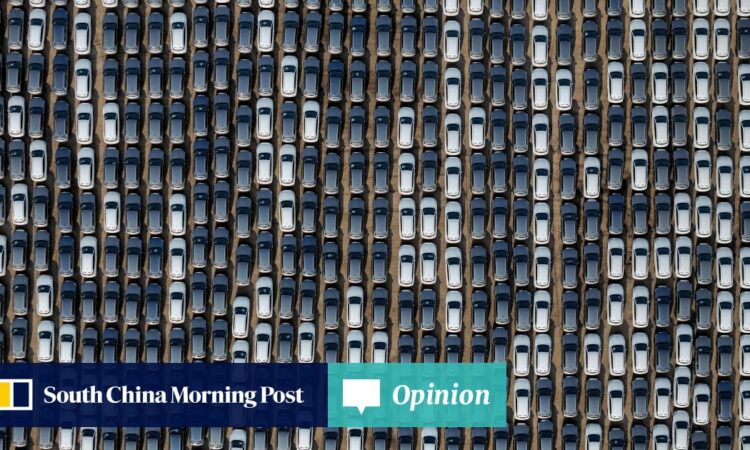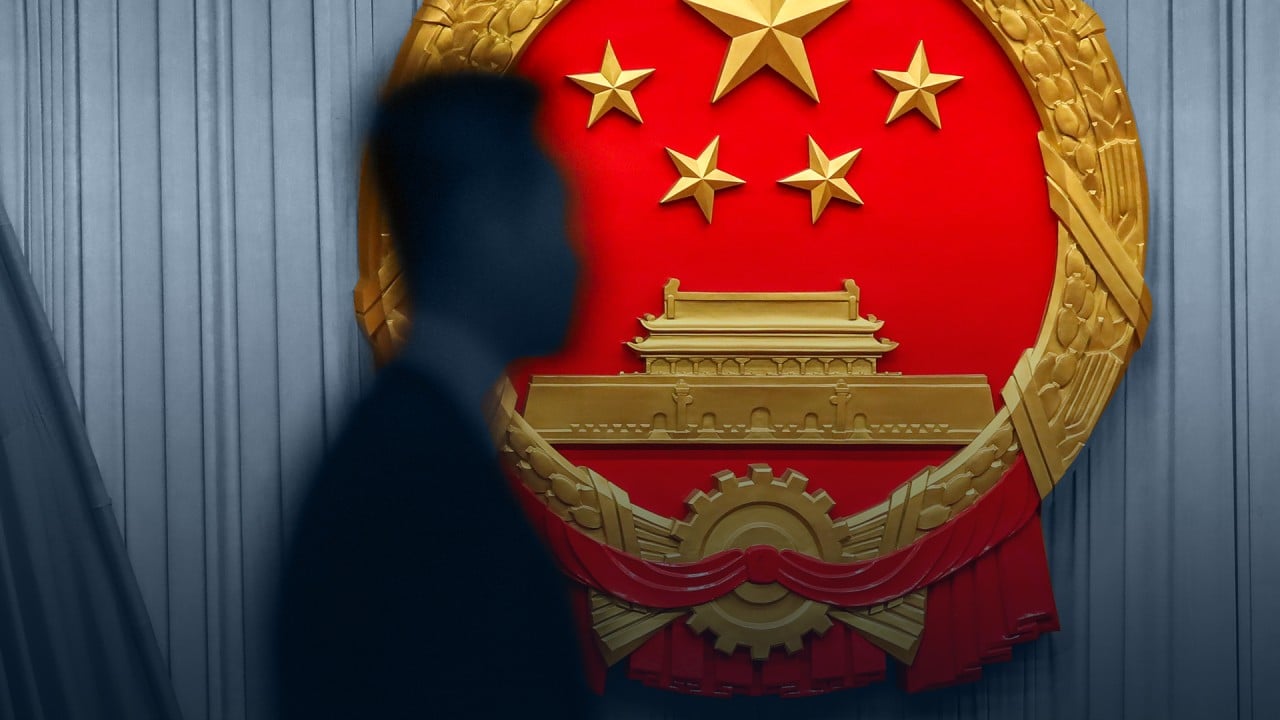
Manufacturers in the US and Europe are baying for protection. The argument is that protection is needed not just to save jobs, but to ensure national security: that economies cannot afford to have strategically important sectors at the mercy of Chinese manufacturers, even if that means paying more for cars, energy and a wide range of consumer goods.
Is China distinct in resorting to subsidies as an industrial weapon? What are China’s excuses for the extensive use of subsidies, and is there evidence of malevolent intent? However powerful the temptation to deploy retaliatory protections, would such a response be in the best interests of our economies?
After all, for many small and medium-sized economies that can’t afford subsidies, the temptation is strong to decide that if someone is foolish enough to offer you something at an artificially low price, then you would be foolish not to take it.
Western protectionism will fail – China’s success isn’t down to subsidies
Western protectionism will fail – China’s success isn’t down to subsidies
The Centre for Strategic and International Studies, an American think tank, estimates that China’s manufacturing subsidies amounted to US$248 billion in 2019, three times more than America’s (US$84 billion) and over 15 times more than Germany’s.
Such studies also duck the issue of whether subsidies are automatically bad. Subsidies for research and development can be seen as good in stimulating innovation. China’s subsidies aimed at curbing fossil fuel use and encouraging green technologies in the battle against global warming have been widely regarded as helpful, making EVs cheaper and speeding up the energy transition.
China’s rise as world’s green factory has put West on the back foot
China’s rise as world’s green factory has put West on the back foot
The reality is that China’s subsidies have been more effective than in most parts of the world because they are embedded as an intrinsic part of a distinct economic model. As with differing tax rules or currency policies, subsidies are a natural part of any government’s fiscal tool box. They are good when implemented well, and bad when directed wastefully.
Biden or von der Leyen might do well to examine the effectiveness of their economic strategies instead of building walls that benefit no one.
David Dodwell is CEO of the trade policy and international relations consultancy Strategic Access, focused on developments and challenges facing the Asia-Pacific over the past four decades







